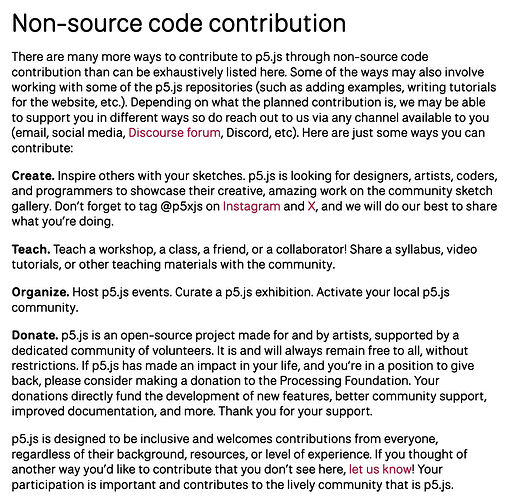TL;DR - We are proposing a revamp of the FOSS pledge. Please share your thoughts on the requirements for member companies that sign the pledge.
In 2022, the FOSS United foundation launched a FOSS Pledge in an attempt to help Indian companies reflect on their usage of FOSS and publicly reflect on their dependency on the FOSS community.
India is a thriving tech hub thanks to countless organisations building innovative technology on top of FOSS (Free and Open Source Software) obtained freely from across the globe. Indian developers represent one of the largest developer pools and yet, the number of FOSS projects that come out of India leave a lot to be desired compared to its global counterparts. We also rarely see technology-first companies acknowledge and credit the FOSS used in their organisations. This simple FOSS pledge aims to serve as an impetus to organisations to start acknowledging and contributing to the projects and communities which they derive value from.
There were 4 major requirements from organisations that signed the pledge -
As an organisation, we pledge to:
Openly credit and talk about the FOSS that we use in our organisation and acknowledge the value we derive from them wherever appropriate.
Encourage our developers and technical staff to create and contribute to FOSS and participate in FOSS communities and activities.
Try and provide financial and other support to the FOSS projects that are valuable to our organisation.
Publish notes on our aforementioned FOSS related activities at least annually.
While the pledge did see some initial traction and has over 40+ signees, there were some shortcomings -
-
The pledge is not binding.
-
While it does mention certain tasks that need to be done (publish notes on FOSS related activities, financial contribution, acknowledge usage of FOSS etc.) we did not actively follow up with the signees on the same.
@Nemo brought this up in a related thread last year -Open Source Pledge - India Edition?
@ashlesh and I discussed a potential revamp of the FOSS pledge. There is already a github issue on porting the pledge to the new FOSS United Platform.
We are proposing the following for an updated version of the FOSS Pledge -
Member organisations will need to -
-
Acknowledge their use of FOSS on a location that is easily accessible via the web. All member companies must have a /stack page or similar listing the FOSS tools they depend on. See fossunited.org/stack for reference
-
Publish an annual blog post mentioning their contributions to FOSS. This includes but is not limited to financial contributions to FOSS projects, upstream code contributions to FOSS projects, participation in FOSS communities and other such activities. See Joining the Open Source Pledge for reference.
-
[Optional (?)] [To be Discussed] A mandatory financial contribution to FOSS projects, foundations and/or communities. If we decide to go ahead with this, it will require us to set a threshold on the minimum financial contribution. For example, the Open Source Pledge requires organisations to donate a minimum of $2000 per developer per year in the company. This figure can be adjusted to India’s PPP to arrive at a number. Alternatively, there have been discussions around a FOSS tax - organisations donating x% of their revenue (or profits) to FOSS. Similarly, we will need to discuss and decide what that percentage is.
While signing the pledge is a moral responsibility of organisations that greatly benefit from FOSS, we do want to provide certain incentives for members.
- Members will be showcased on the FOSS United website and social media announcements.
- FOSS United will amplify their FOSS contributions through social media, guest posts, events.
- FOSS United will work with the member orgs on hiring open source talent through our upcoming hiring program.
- Any other incentives?
At the foundation’s end, we will -
-
Ensure that the decided requirements are fulfilled by the organisations.
-
Reach out to them quarterly with reminders on the contribution blog post, potential donation opportunities (eg. co-sponsored project grants, FOSS United event sponsorship (?) etc.)
-
Run regular campaigns and outreach activities to get companies to sign up (and more importantly, pay up
 )
)
@ashlesh and I are happy to put in some time to get this running.
We are looking for feedback on the structure of the pledge, especially point 3 of the membership requirements (around financial contributions).
Please share your thoughts on the proposal. If everyone is on board with the idea, we would like to launch this sometime in early May, as part of our planned campaigns for Maintainer’s Month.
